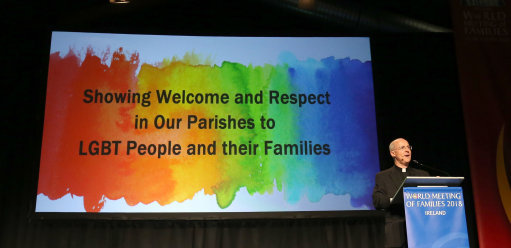But debate impeachment only to have the Senate vote to acquit??? Let's not bother. - gwc
Forget About Impeachment – Talking Points Memo
by Josh Marshall
This isn’t necessarily a popular position among critics of the President. But it could scarcely be more important to have a proper opinion on this question. There is a huge pent-up desire and collective push among Democrats to impeach President Trump. That’s a mistake. By any rights, the President should have been removed from office months ago, not only for discrete offenses but on the grounds of simple temperament and misrule, things the context of the constitutional debates make clear can be grounds for removal from office. It makes perfect sense that Democrats want to impeach President Trump. But having that be the big agenda if the Democrats take back the House will be a big mistake.
Some people say impeachment is a mistake because it’s too extreme or will alienate swing voters or just because they prefer a more cautious course. That’s not what I’m saying. Impeachment is a mistake because it distracts from things that are much more important to protecting the country against President Trump. Even the language of ‘impeachment’, which the constitution has given us, clouds the issue. Rather than asking if we should ‘impeach the President’ we should ask ‘should the House ask the Senate to remove the President from office.’ That is in practice what ‘impeachment’ is, what we’re talking about.
The Senate will in all likelihood be in Republican hands in 2019. If by chance Democrats do claim the Senate it will be by a narrow margin. Let’s assume a hypothetical 50-50 split. In that case, fully 17 Republican senators would have to vote to remove President Trump from office. In anything like the current political constellation, that is not remotely possible. I think it’s quite questionable whether, on the basis of the current facts known, any Republican senators would vote to convict the President. Seventeen certainly will not, not on the basis of what is currently known. There is no defined burden of proof. There are no defined statutory definitions anyone has to be bound by. It is purely a political choice. It will not happen.
The answer I always hear to this is: “Fine. Maybe it won’t work. But he deserves it. And it is a critical statement to make.” This misses the point. Of course he deserves it! He deserves to be removed from office. But time is of the essence and time – in politics and as in life – is a finite resource. Impeachment is a lengthy process and spectacle. There is a process in the House. There is a trial in the Senate. There will be a cacophonous public chorus from the outside. This will take time away and oxygen away from what can meaningfully protect the country and has the best chance of moving the ball against the President politically: that is, aggressive oversight of the executive branch and investigations using the power of Congress.
As I mentioned earlier, the first order of business is to get hold of the President’s taxes, which is to say to have Congress make sense of his finances and financial relationships as a baseline for investigating his relationship with Russia, Russian organized crime and Russian intelligence. It is also the basis for any real investigation of the use of the Presidency for private gain: the Trumpian project of kleptocracy. The House can get the President’s tax returns. I explain how here (sub req).
Then we need a real investigation of the President’s relationship with Russia and the 2016 campaign. All evidence suggests Robert Mueller is conducting a robust, professional and aggressive investigation of the Trump/Russia story.
But his brief is to find, investigate and prosecute crimes. It is not to inform the public, though this is of course an inevitable byproduct of the effort. Much will and should always remain secret in such a probe. Congressional investigations are different. They are about informing the public. They are different things. They have different purposes. In many ways, getting to the bottom of what happened in 2016 is a bigger national priority than the punishment of individual wrongdoers, though there’s no reason we should have to choose between the two.
We also needed an investigation into the President’s use of the White House for his own personal financial gain. No one is looking into this. Journalists are doing yeoman work. But the canvas is too sprawling for any individual news organization and there are tight constraints on what can be accomplished without subpoena power and the full array of powers at Congress’s disposal.
As House Republicans are telling us more or less openly, there’s a long list of things that obviously need to be investigated. They’re all important. They all need to happen.






